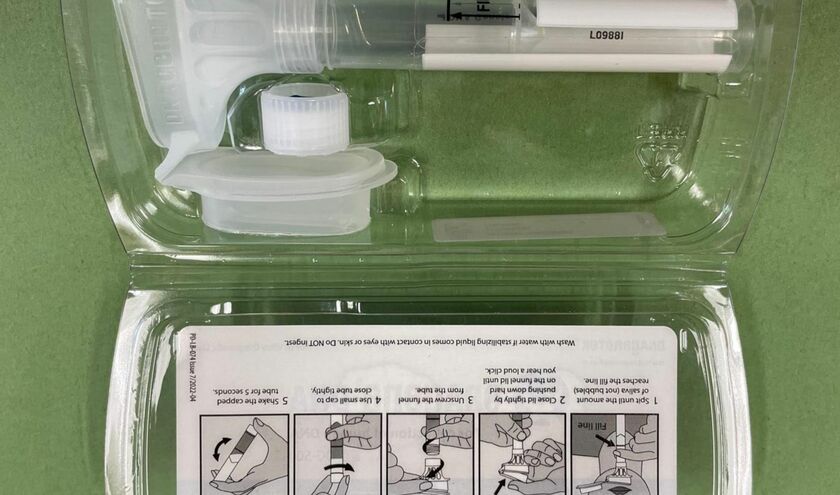The Institute of Cancer Research said the home testing kit could identify up to 12,350 people earlier.
Professor Ros Eeles, Professor of Oncogenetics at The Institute of Cancer Research, London, and consultant in clinical oncology and cancer genetics at The Royal Marsden NHS Foundation Trust, said: ‘With our simple to collect, at-home, spit test, we hope not only to extend the lives of people diagnosed with prostate cancer, but also save the NHS a significant amount of money.'
The research team have developed the test which calculates the risk of prostate cancer from DNA extracted from saliva – called a genetic risk score. GPs will offer the test to their patients and those identified as higher risk will be offered prostate cancer checks.
A three-year study a £2m, funded by the National Institute for Health and Care Research (NIHR) Invention for Innovation, aims to recruit 1,000 people with prostate glands – men, non-binary people and trans women – from diverse ethnic groups, aged between 40 and 55 years.
Prof Eeles added: ‘If our PRODICTTM test is successful, it could revolutionise healthcare as the first of many saliva tests provided to patients in primary care for a range of diseases, identifying people who will need further treatments by looking for variants in their DNA.'



